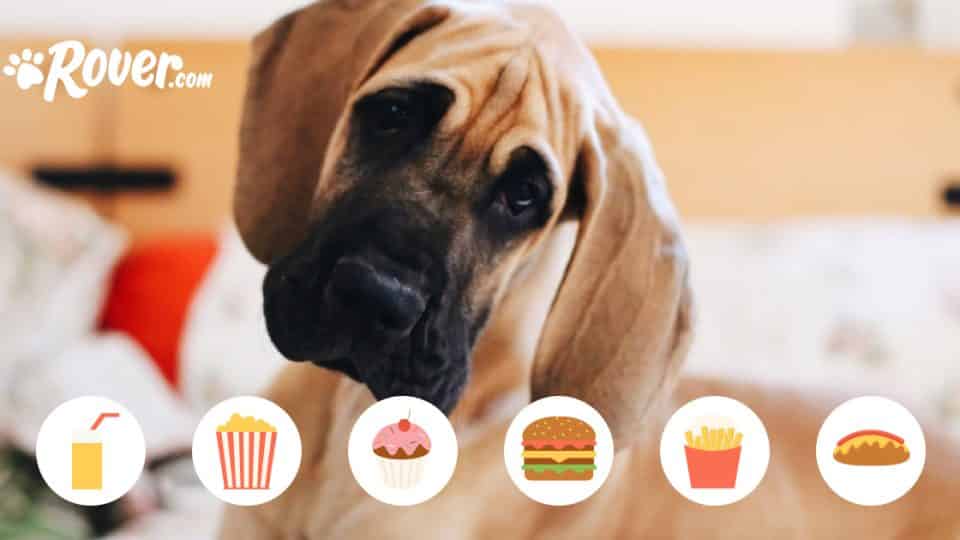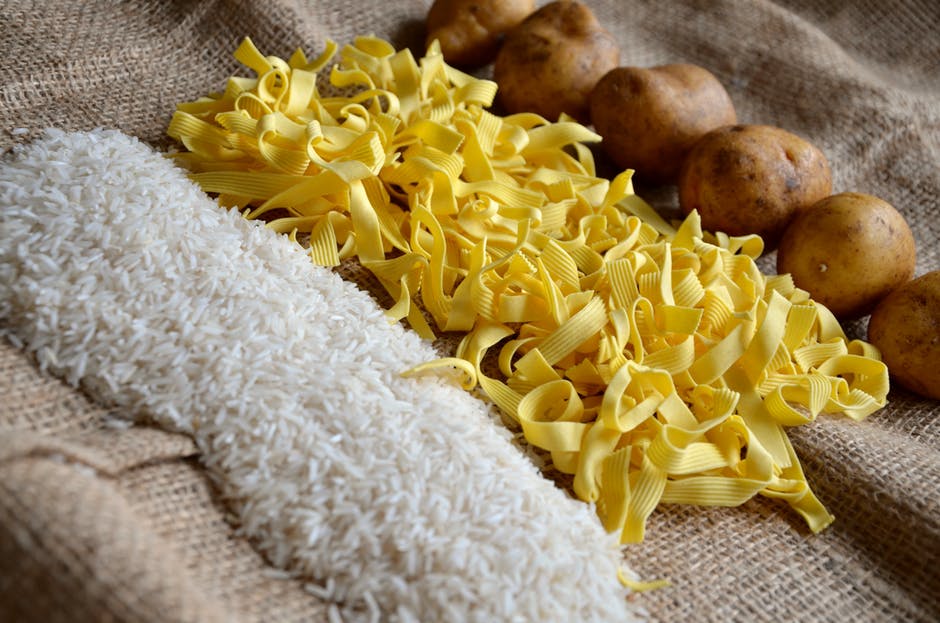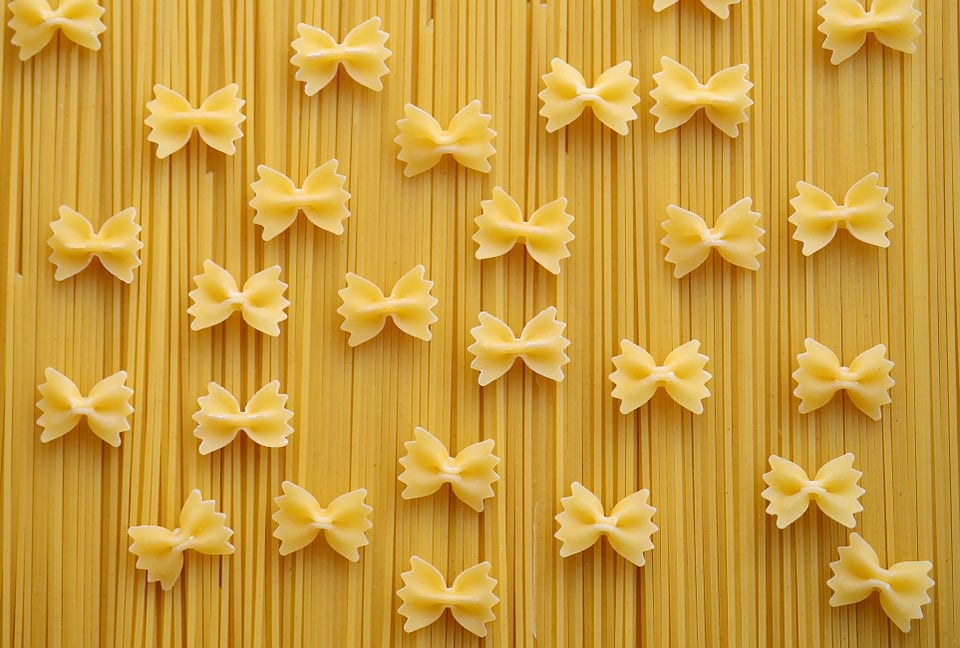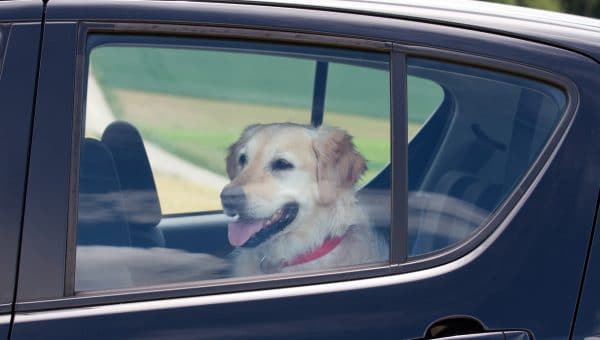We’ve all seen hilarious recreations of the Lady and the Tramp scene with the shared spaghetti noodle. And let’s admit it, tortellini are fun to throw so we can watch our dog try and catch them. Pasta is a great comfort food for us humans, but is it ok for our furry best friends?
The answer is maybe. In its plain form, pasta is unlikely to harm your dog, especially in moderation. However, it is worth being careful, as some pets have wheat allergies or are sensitive to grains. Pasta has very minimal nutritional value as well, so while it isn’t poisonous, it shouldn’t be a regular part of your dog’s diet. That’s not to mention that with excessive consumption, it could lead to weight gain which could in turn open your dog up to various health problems like heart disease.
Oh, and avoid the sauce. Onions and garlic are toxic to dogs, so pasta sauce can make your dog sick.
Can my dog eat spaghetti?
Only plain! If the spaghetti is in sauce, most sauces contain onions and garlic, which are toxic to dogs so avoid them completely to be safe. That’s not to mention that most spaghetti sauces include sugar and salt at problematic levels for dogs. Salt poisoning is serious and must be watched out for, as it can get dire very quickly. For more information, check out our earlier post, “Can My Dog Eat Spaghetti Sauce?”
Can my dog eat ramen?
Nothing quite like a salty, meaty, bowl of hot ramen. Unfortunately, both traditional ramen and instant ramen are too salty for your dog to enjoy. If you’re feeding your dog plain ramen noodles, those are usually fine, but again, offer no nutritional value. The sodium content of plain noodles is also something to watch out for, as instant ramen noodles sometimes have added salt. It’s also good to note that onion and garlic are both popular ingredients in instant ramen flavor packets, so sharing noodles from your bowl isn’t a great idea for your dog.
So can my dog eat noodles at all?
Yes, but again, only in their plain form. This includes egg noodles, udon noodles, and the myriad varieties of pasta the world has to offer. The big thing to watch out for is possible allergic reactions. If your dog is allergic to wheat, you may notice the following symptoms:
- Frequent ear infections
- Skin irritation or itching
- Vomiting
- Diarrhea
If you think your dog may have a wheat allergy, it’s recommended to stop feeding them foods containing wheat and see if the symptoms clear. If your dog is experiencing frequent vomiting or diarrhea, it’s best to contact your vet. There may be more at play than food.
Remember that most of the time, it’s what’s covering the noodles that dictate whether or not it’s safe for your dog to enjoy. Be sure to read labels to rule out any toxic ingredients like onion or garlic.
When too much pasta is too much
Possible symptoms
- Lack of interest in everyday activities
- Fatigue
- Weight gain
- Excessive thirst
- Excessive urination
Just like humans, carbs have a similar effect on dogs. In fact, the last two symptoms are signs your dog may have type II diabetes, which can be a serious, though rare disease brought on by excessive weight and too many carbohydrates. Since noodles have very little nutritional value in a dog’s diet, it is best to limit their intake due to its carb and caloric content. Dogs should receive their daily calories through healthy meals, not fillers like pasta.
For More Information
We have many different articles on which types of food may or may not be safe for your dog to indulge in. Browse through our collection of “Can My Dog Eat” articles here.
You may also be interested in “Can My Dog Eat Rice?” or “Can My Dog Eat Grains?”.





